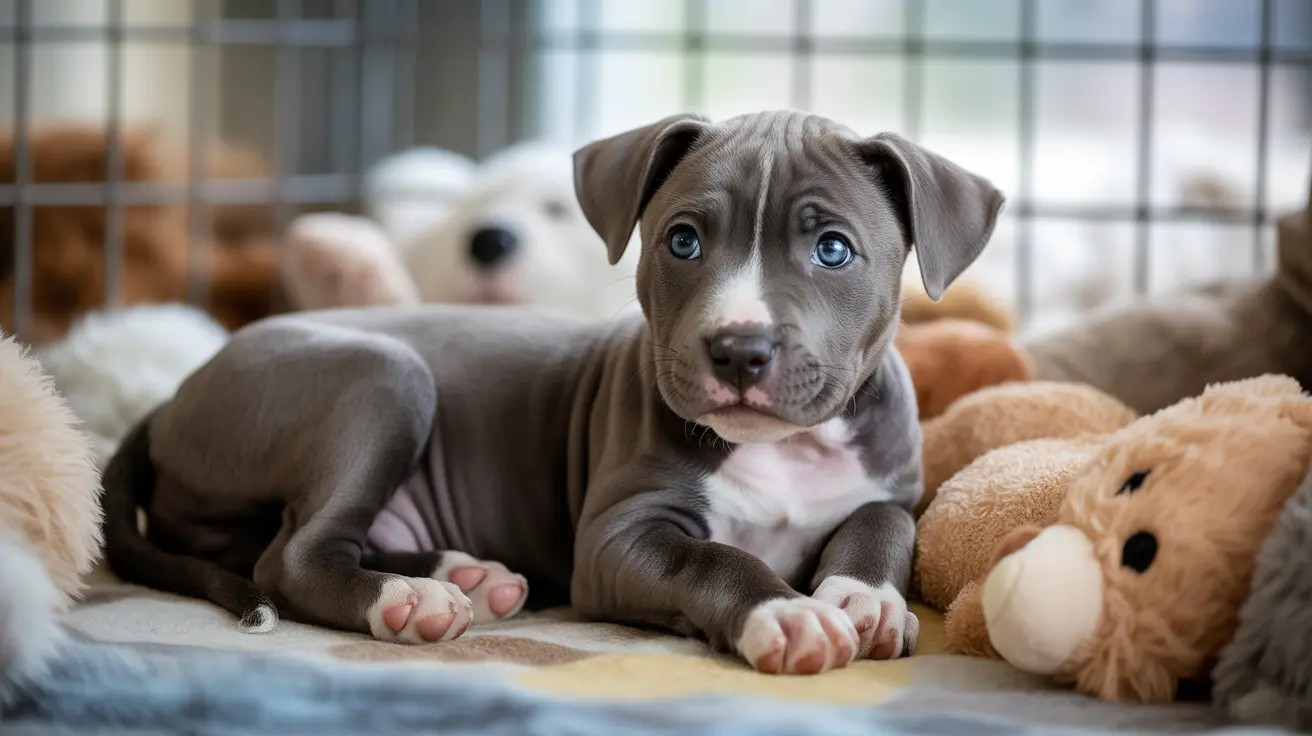Do Black Cats Act Differently? Myths, Facts, and Behavior Explained
Black cats have long stood out for their sleek appearance and deep associations with mystery, magic, and superstition. But do black cats actually act differently than cats of other colors? The short answer is: no, fur color does not dictate a cat’s personality. However, black cats belong to a diverse pool of breeds and may inherit behavioral traits based on their lineage and environment, not their pigmentation.
The Genetics Behind Black Cats
To understand black cats, it helps to know a bit about their genetics. A black cat is characterized by its high levels of eumelanin, the pigment responsible for their dark coat. This gene is dominant, so it appears frequently among domestic cat populations. Some black cats are jet black, while others exhibit brownish or grayish tones or even faint tabby stripes under certain lighting.
- Solid black cats can range from deep coal black to brownish-black.
- If the cat’s fur has white roots, it’s known as a “black smoke.”
- Rusting occurs when fur lightens due to sun exposure or a tyrosine deficiency.
These genetic traits affect appearance but not core behavior.
Breed Matters More Than Color
Black cats are not a breed unto themselves. Over 20 cat breeds can have solid black coats. Therefore, their temperament is often based on breed-specific traits, not pigmentation.
- Bombay: Known for being affectionate, social, and dog-like in behavior.
- American Shorthair: Friendly and laid-back.
- Maine Coon: Playful and gentle giants.
- Oriental Shorthair: Lively and talkative.
Thus, a black Bombay cat may be outgoing and cuddly, while a black Persian tends to be more dignified and calm.
Melanin and Eye Color
Many black cats have golden or copper eyes due to their high melanin levels. Their striking appearance might influence human perceptions of their demeanor, but there’s no scientific link between melanin and feline temperament.
Behavioral Myths and Cultural Superstitions
Black cats are often surrounded by myths:
- Europe: Mixed feelings—some cultures see them as bad luck; others view them as omens of prosperity.
- Asia: Often considered lucky; in Japan, black cats are believed to attract good fortune and romantic prospects.
- United States: Superstitions persist, especially around Halloween, associating them with witches and the occult.
These beliefs have no bearing on the actual behavior of black cats but may influence their treatment by humans—even impacting adoption rates.
Black Cats in Popular Culture
Fictional black cats like Salem from “Sabrina the Teenage Witch” or Luna from “Sailor Moon” are typically portrayed as intelligent and mystical. These representations amplify their mysterious reputation but once again do not equate to real behavioral differences.
Scientific Insights
Interestingly, black cats are being studied for their potential genetic resistance to certain diseases, including feline immunodeficiency viruses. This resistance may help them survive in tougher environments, but again, this has not shown any marked behavioral impact.
Black Cat Adoption Challenges
“Black cat syndrome” describes how these cats are often overlooked in shelters due to superstitions or the challenge of photographing them well. While debatable in data, many shelters report lower adoption rates for black cats – a factor that has nothing to do with their behavior and everything to do with perception.
Environmental and Social Factors
Like all cats, a black cat’s behavior is shaped by:
- Early socialization
- Breed traits
- Living conditions
- Owner interaction
With proper care, affection, and stimulation, black cats can be just as loving, playful, and sociable as any other cat. Some may even be more responsive due to less frequent adoption, making them eager to bond.
Conclusion
Ultimately, black cats do not inherently act differently than other cats. Their behavior is influenced by genetics tied to breed, social interactions, and environment—not the color of their fur. Still, their unique appearance and storied symbolism make them incredibly special companions. Rather than fear or overlook them, it's time to embrace and appreciate black cats for their charm, individuality, and resilience.





